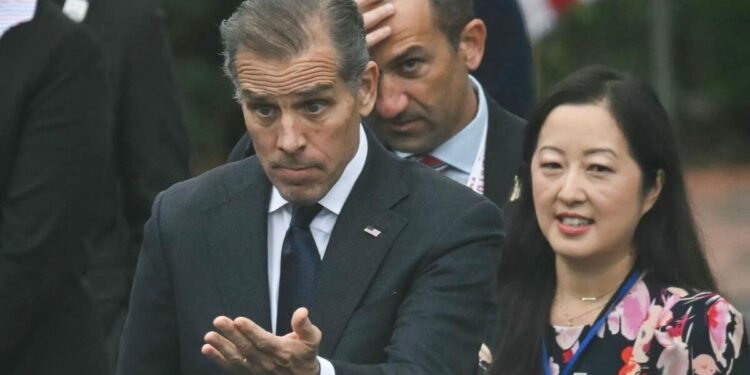Even before it was included in Article 2 of the Constitution, the power to pardon enjoyed by the President of the United States was at the heart of lively debates.
Already in 1787, Alexander Hamilton openly questioned the legitimacy of a power usually reserved for the monarchy.
George Washington was the first to use it in 1795 and since then, each pardon, with rare exceptions, has led to its share of questions.
Some controversial cases
If we readily accepted that presidential pardons are used to correct judicial errors, it is normal that it raises eyebrows when it allows dishonest people to escape justice.
Among the most famous pardons, we note that granted to Samuel A. Mudd, who sheltered and treated the assassin of Lincoln, that granted to Richard Nixon by Gerald Ford, that of Ronald Reagan to George Steinbrenner (owner of the New York Yankees ) or, more recently, that of Bill Clinton to the billionaire, and probable donor, Marck Rich.
Funny historical anecdote, only once did a man refuse a pardon. George Wilson opposed the one granting him President Andrew Jackson and the story ended up in the Supreme Court.
The latter concluded that a pardon could not be imposed and Wilson was subsequently hanged.
The example of Donald Trump
Three months before his departure, Joe Biden could be tempted to grant a pardon to his son Hunter, convicted in two separate trials. He is awaiting his sentences.
If he wanted to imitate his predecessor, the Republicans would not fail to criticize him, but that would be particularly hypocritical.
Not only has Trump often not waited for the opinion of the Justice Department which reviews requests for presidential pardons, but he is the historic champion of partisan pardons.
He granted them to close collaborators or friends like Michael Flynn, Paul Manafort, Roger Stone, Stephen K, Bannon, George Papadopoulos, Joe Arpaio, Dinesh D’Souza and Michael Milken.
With the exception of Mitt Romney and Pat Toomey, no Republican elected official has found fault.
Biden’s dilemma
At 82, Joe Biden is about to end a long and successful political career. However, he left after being pushed aside by his political party before seeing his replacement fail miserably in the face of his Republican opponent.
The temptation must be strong to spare his only son from prison and to end his days at his side.
Joe Biden does not even need to pardon Hunter entirely, his power allows him to limit himself to commuting his sentence.
Both in domestic policy and in foreign policy, Joe Biden presented himself as a champion of democracy and institutions. If he wishes to preserve this legacy, he must refrain from using his power and let his son pay the price for his crimes.
By acting otherwise, the current president would lower himself to the rank of his predecessor and contribute to the ambient cynicism towards the political class.



